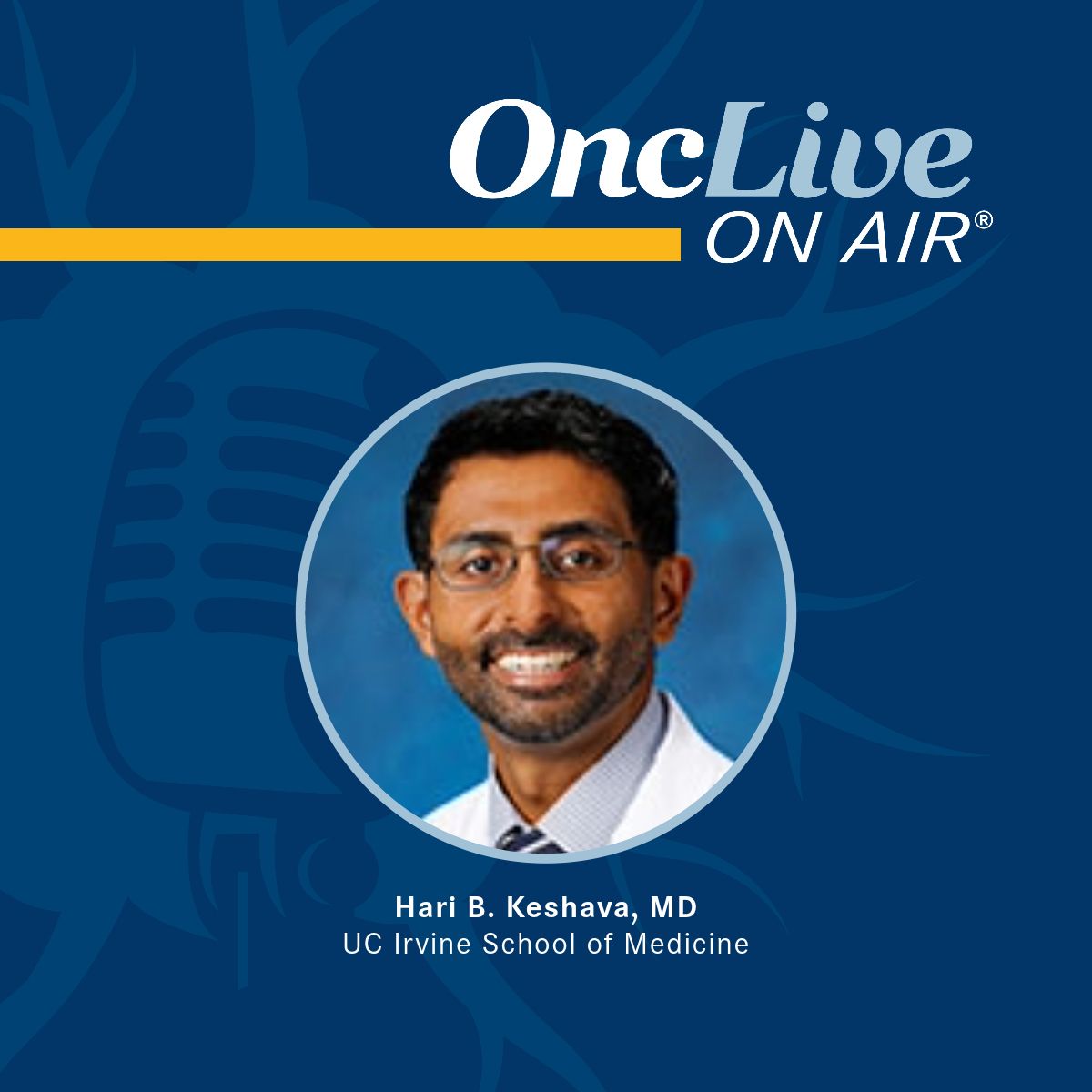Video
Dr. Camidge on Inhibiting Initial Activating EGFR Mutations and the T790M Resistance Mutation
Author(s):
D. Ross Camidge, MD, PhD, discusses CO-1686 (rociletinib) and AZD9291, two agents that inhibit initial activating EGFR mutations and the T790M resistance mutation.
D. Ross Camidge, MD, PhD, Director, Thoracic Oncology Clinical Program, University of Colorado Cancer Center, discusses CO-1686 (rociletinib) and AZD9291, two agents that inhibit initial activating EGFR mutations and the T790M resistance mutation.
Today, researchers and physicians are beginning to understand the biology of acquired resistance. Much like the ‘original’ EGFR inhibitors, these drugs work differently in all patients. Generally, these drugs elicit a 50-60% response rate and 9-12 months of progression-free survival.
Camidge says it is crucial for the community to understand the biology before making a new drug.
<<<
View more from the 2014 Multidisciplinary Symposium in Thoracic Oncology









